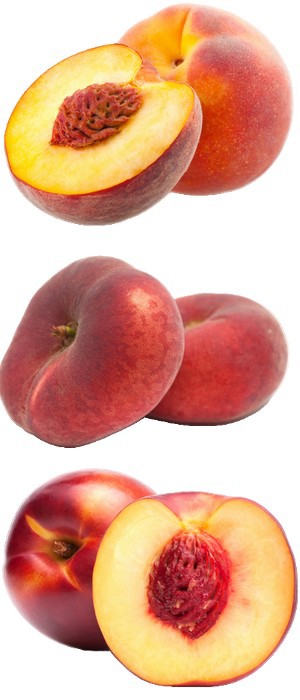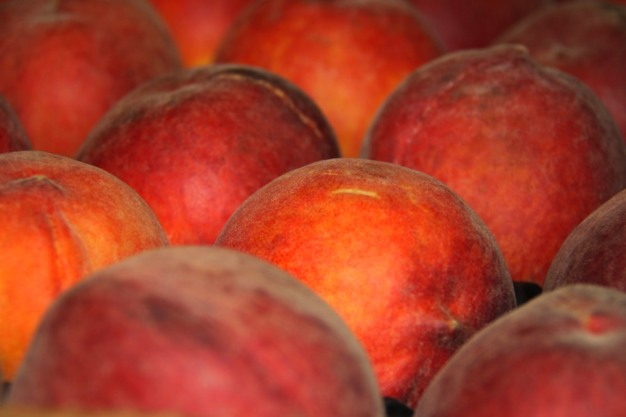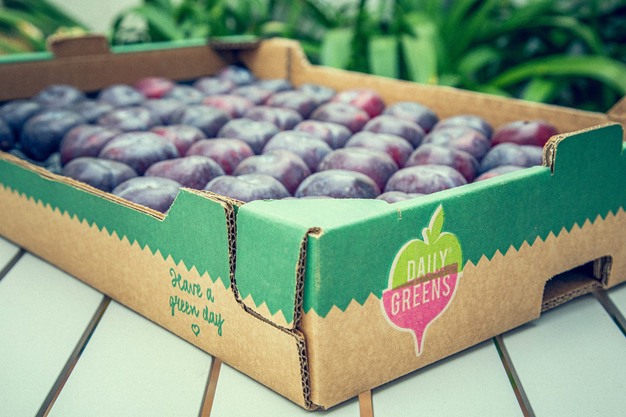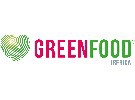Recent hailstorms in various parts of the Spanish province of Lleida have caused some uncertainty in a season that was already at a very advanced stage; a campaign that started in Murcia significantly earlier than in other years.
"The Region of Murcia's season kicked off about two weeks earlier than normal, so there was some overlap with the fruit from Huelva, which is usually the first area to start harvesting its greenhouse stone fruit. So, right from the start, the prices of the fruit from Huelva had to drop for it to have a chance to compete with the fruit from Murcia," says Cecilia Fladung, from Greenfood Ibérica.
 "At the moment, the stone fruit harvest is almost entirely taking place in Lleida and Badajoz, although from now on we are only loading in Lleida, and, while we have yet to find out the extent to which the hail has affected the fruit that is still on the trees, the Paraguayo season should in theory continue until the end of August, and the nectarine and peach season will last until the end of September."
"At the moment, the stone fruit harvest is almost entirely taking place in Lleida and Badajoz, although from now on we are only loading in Lleida, and, while we have yet to find out the extent to which the hail has affected the fruit that is still on the trees, the Paraguayo season should in theory continue until the end of August, and the nectarine and peach season will last until the end of September."
"As the fruit supply continues to fall, prices are going up week after week, and at the moment it looks like we are going to have a rather difficult end to the season, because in addition to the high prices and the falling supply, Italy is buying pallets of stone fruit in Spain, paying such good prices that some suppliers are selling their fruit directly from the source to Italian buyers." As announced at Europech-Medfel last spring, although Italy expected some recovery compared to 2023, when there were significant losses due to floods in the north of the country, the production will still fall below average due to setbacks, mainly in the case of peaches and apricots.
 "It is also worth noting that this has been a season with very good quality in general from the beginning, as well as stable volumes," says Cecilia. "This has allowed our peach, nectarine and apricot sales under the Daily Greens brand to remain in line with those of previous seasons."
"It is also worth noting that this has been a season with very good quality in general from the beginning, as well as stable volumes," says Cecilia. "This has allowed our peach, nectarine and apricot sales under the Daily Greens brand to remain in line with those of previous seasons."
"Our growers, who are highly committed to sustainability in stone fruit growing and who, when we visited their farms in Lleida and Zaragoza, showed us their systems for efficient water use and their methods for integrated pest control and for the preservation and promotion of biodiversity, have once again this year managed to produce very good fruit, which has been very well received by the market."
"In fact, in the Scandinavian market, which is where our main clients are located, consumption in general has remained very stable throughout the season and we have even increased our sales of our Daily Greens brand products in Germany; something we believe is linked to the sizes being harvested this season."

"Although fruit tends to be smaller earlier in the season, over the months growers have generally been harvesting larger sizes than in previous campaigns. While Scandinavia demands smaller stone fruit, especially for sale in high value formats, such as baskets, Germany prefers larger sizes and it seems that the larger size of this season's fruit has helped boost sales in the German market."

 For more information:
For more information:
Greenfood Ibérica
Avda. Catalunya, 33-35
17253 Mont-ras
Girona, Spain
Tel.: +34 972 636 559
Email: https://greenfoodiberica.es
